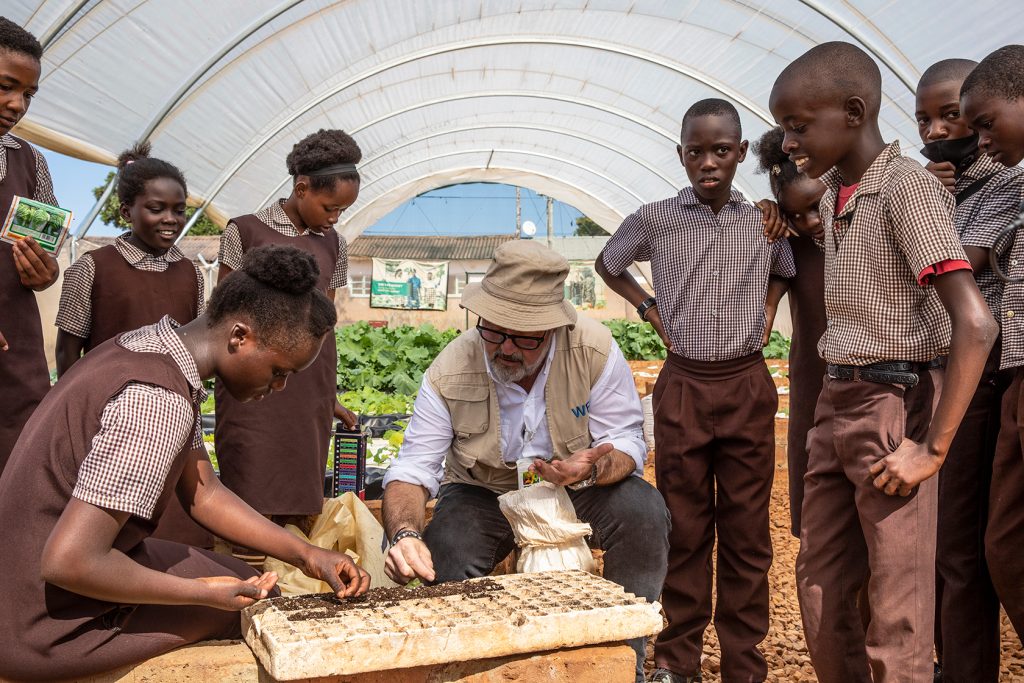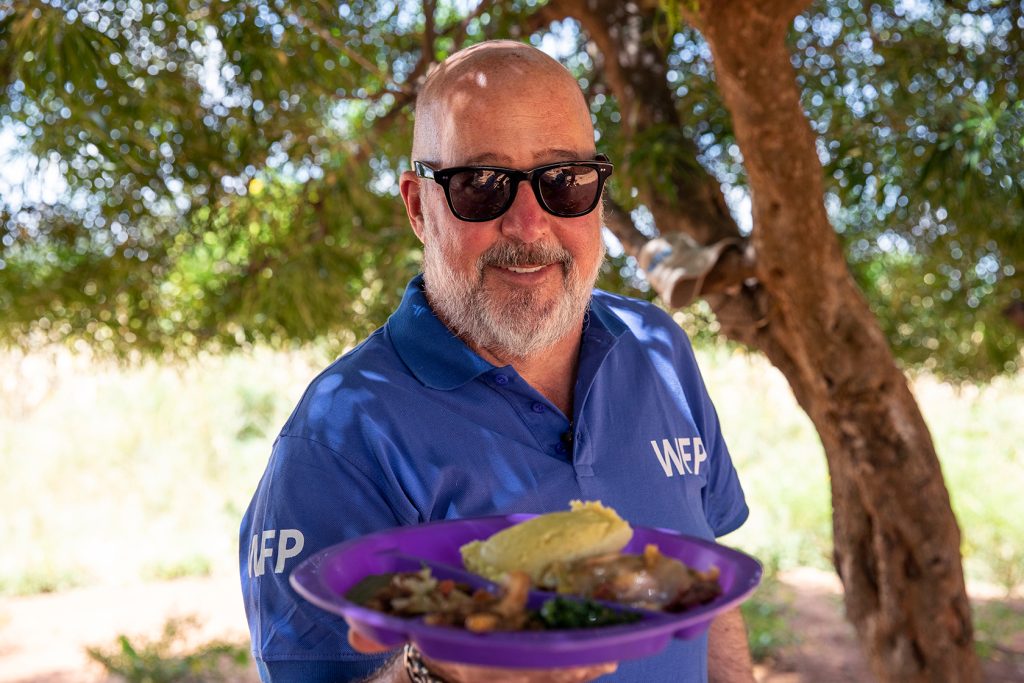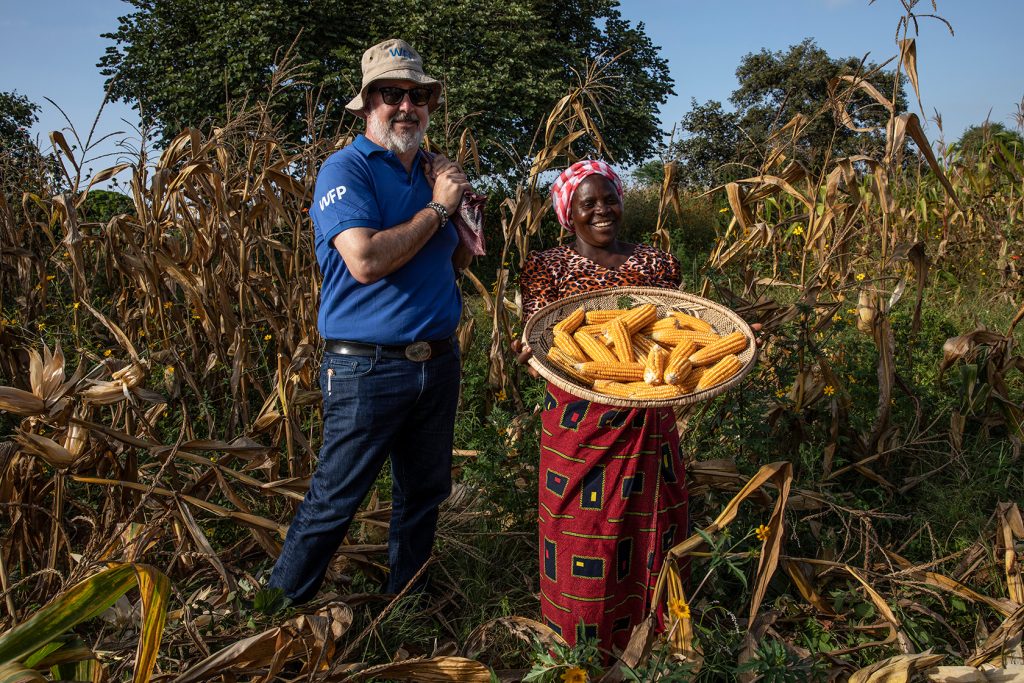Celebrity Chef Andrew Zimmern
Finds Remedies for Hunger in Rural Zambia
Andrew Zimmern—award-winning American chef, television host, and United Nations World Food Programme (WFP) Goodwill Ambassador—has travelled to more than 100 countries throughout his bizarre foods career and extensively throughout Africa. But his first visit to Zambia between March and April of 2023 left a lasting impression on him.

“This is my first mission trip as a Goodwill Ambassador for WFP, and it’s my first time to Zambia, and I’m forever changed by it. You can’t come into a country like this that is lifting itself up and not be incredibly moved, especially if you’re someone who’s been to so many African countries as I have,” said Zimmern.
He chronicles his trip to the Southern Province in a five-episode YouTube series, Paving the Way to Zero Hunger, out now on Zimmern’s YouTube channel. The series spotlights how climate change drives hunger in Zambia and the WFP resilience programs that enable small-scale farmers to adapt to climate change by adopting climate-smart agriculture, diversifying crops and their income streams and strengthening their overall food security.
In introducing the viewer to the series, Zimmern highlights an innovative, pupil-managed hydroponics garden at Gwembe Primary School, where students learn and grow fresh, diverse vegetables to enhance their school meals. This is one of 72 hydroponic gardens that WFP has helped establish across Zambia. Not only does the garden help teach science and provide balanced meals for its 1,300 pupils, but the excess vegetables are shared with the local community. The goal is to provide a model of how any community or household can supplement their diet through these low-cost and limited-water techniques. Many Gwembe students are teaching their parents sack farming and hydroponic techniques, transforming how their parents, many of whom are farmers, grow food.

Zimmern then meets with Monze farmer Emeldah who is part of a WFP-supported financial literacy group called Savings for Change. These innovative savings groups function like a savings and loan mechanism, supporting and educating farmers, many of them women, in saving, investing, and growing their income streams. Over time, as the participants’ financial literacy grows, WFP is able to link these groups to private financial institutions for even greater lending opportunities.
In the last episode, we meet Gwembe farmer Priscilla. She has worked with WFP to implement climate-smart, conservation agricultural methods that allow her to diversify her crops and conserve water during the dry season. Despite a failed rainy season and un-harvestable cowpea crop this year, Priscilla can rely on her alternative crops of sorghum, sunflower, groundnuts, and maize to feed her family and sell at the market. With conservation farming, she’s increased her yield from 40 to 60 bags and has been trained to use air-tight storage bags to avoid post-harvest loss.
THIS IS MY FIRST MISSION TRIP AS A GOODWILL AMBASSADOR FOR WFP AND IT’S MY FIRST TIME TO ZAMBIA AND I’M FOREVER CHANGED BY IT.
Since 1967, WFP has been a strategic partner to the Zambian government in an effort to build government capacity and work toward food security for all. WFP’s programs in Zambia include food assistance and nutrition services, skills training and support to smallholder farmers as well as supporting the implementation of homegrown school meal programs. WFP prioritizes its support for women farmers, whom they view as crucial drivers of change. 90 percent of the country’s food is produced by smallholder farmers, of which 50.4 percent are women, who often have less access than men to agricultural inputs.

Zimmern was deeply inspired by the solutions he saw that are helping families and creating real change for local communities. “The work that WFP is doing here is absolutely staggering. Taking small programs, small gestures, like the grain aggregators, like the nutrition programs in schools, like the hydroponic gardens, like the Savings for Change programs that we saw…all those things are small gestures that can then be scaled up and literally change the face of a country in just a handful of years. And if it can work in Zambia, it can also work in other countries,” said Zimmern.
In his role as WFP Goodwill Ambassador, Zimmern leverages his platform to raise awareness of WFP’s mission to end global hunger and to galvanise American support and funding for the organisation. Inspired by his experience in Zambia, he also supports further American investment in Zambia.
“When you wonder why invest in a country like Zambia, well, it’s kind of obvious to me. The people are eager, have an incredible amount of pride, and see the opportunities for economic development and to be the breadbasket for the eight nations surrounding them. And as importantly, the incredible families, women, and students we met all want to implement these programs in their communities and homes and spread the gospel of change far and wide because it’s working for them,” said Zimmern.



